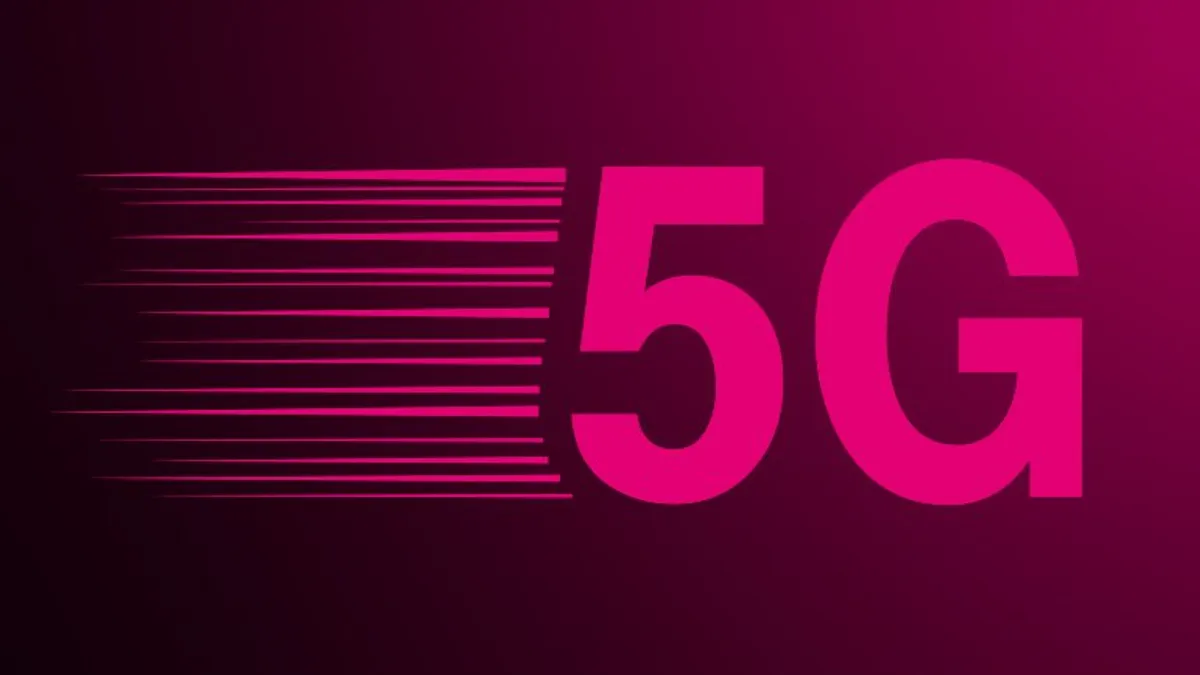Dive Brief:
- T-Mobile launched its 5G service in six U.S. cities over the weekend: Atlanta, Cleveland, Dallas, Las Vegas, Los Angeles and New York. All four of the country’s major carriers now offer 5G.
- The ultra-fast network can be accessed on the Samsung Galaxy S10 5G, which retails for $1299.99. The phone can access T-Mobile’s LTE network in areas where 5G is unavailable.
- In a statement, T-Mobile CEO John Legere said the company’s network would be “broad, deep and transformational." With the company’s proposed merger to Sprint still pending before the government, Legere said approval would mean the combined companies could build "the kind of 5G network America deserves."
Dive Insight:
With this launch, every major U.S. carrier now has some sort of 5G on the map, and each has talked up big plans to expand (Verizon also brought their service to Denver and Providence, RI last week). Although it’s still early, the 5G adoption from major cities marks a positive trend that should keep the U.S. on pace with other countries.
Like the other carriers, the scope of T-Mobile’s 5G offering is limited to a handful of neighborhoods in each city, according to service maps the company published. For example, even though T-Mobile is the first carrier to bring 5G to New York, it can only be accessed in parts of Manhattan and downtown Brooklyn. According to Venture Beat, testers also lost 5G signal when they entered buildings.
T-Mobile’s launch is still tied up in its Sprint merger, which has seen significant backlash from some in the government despite getting approval from the Federal Communications Commission chairman. Sprint already brought 5G to four cities in May, with plans to reach nine by the summer. Both companies have said their combined resources will create the nation’s most comprehensive 5G network, including by bringing Sprint’s mid-band spectrum to the fold.
Still, T-Mobile’s launch means that cities can keep working on the smart cities applications of 5G — including smart grids, connected infrastructure and more robust data collection — with the confidence that even more areas will get the advanced network soon. For cities like Cleveland, which has a stark digital divide, to get early access is a positive sign that the service could soon reach all customers, although it will take a concerted effort to make sure that happens.











